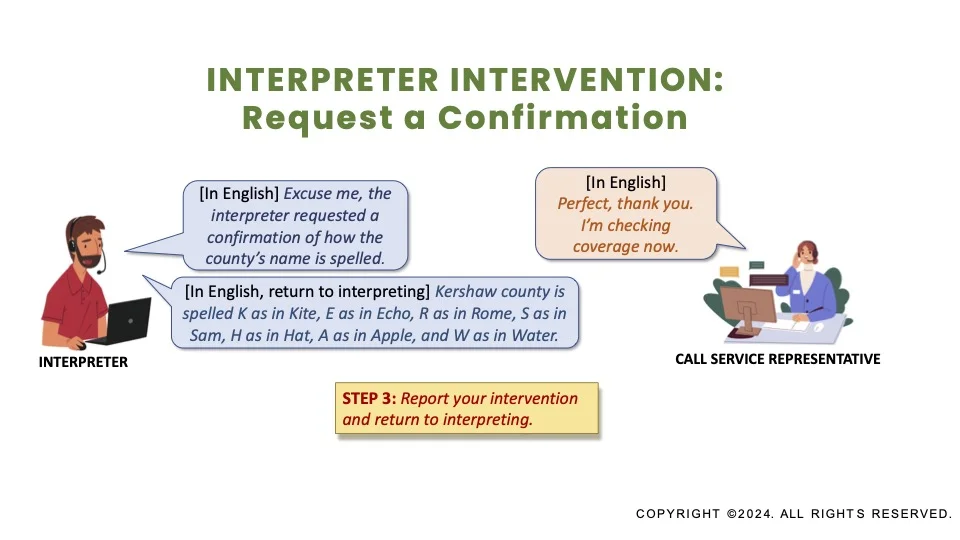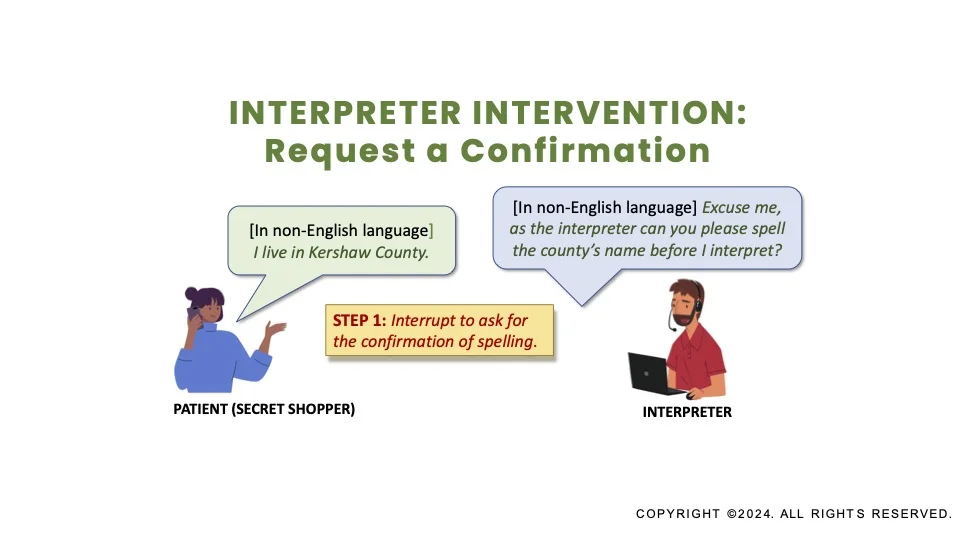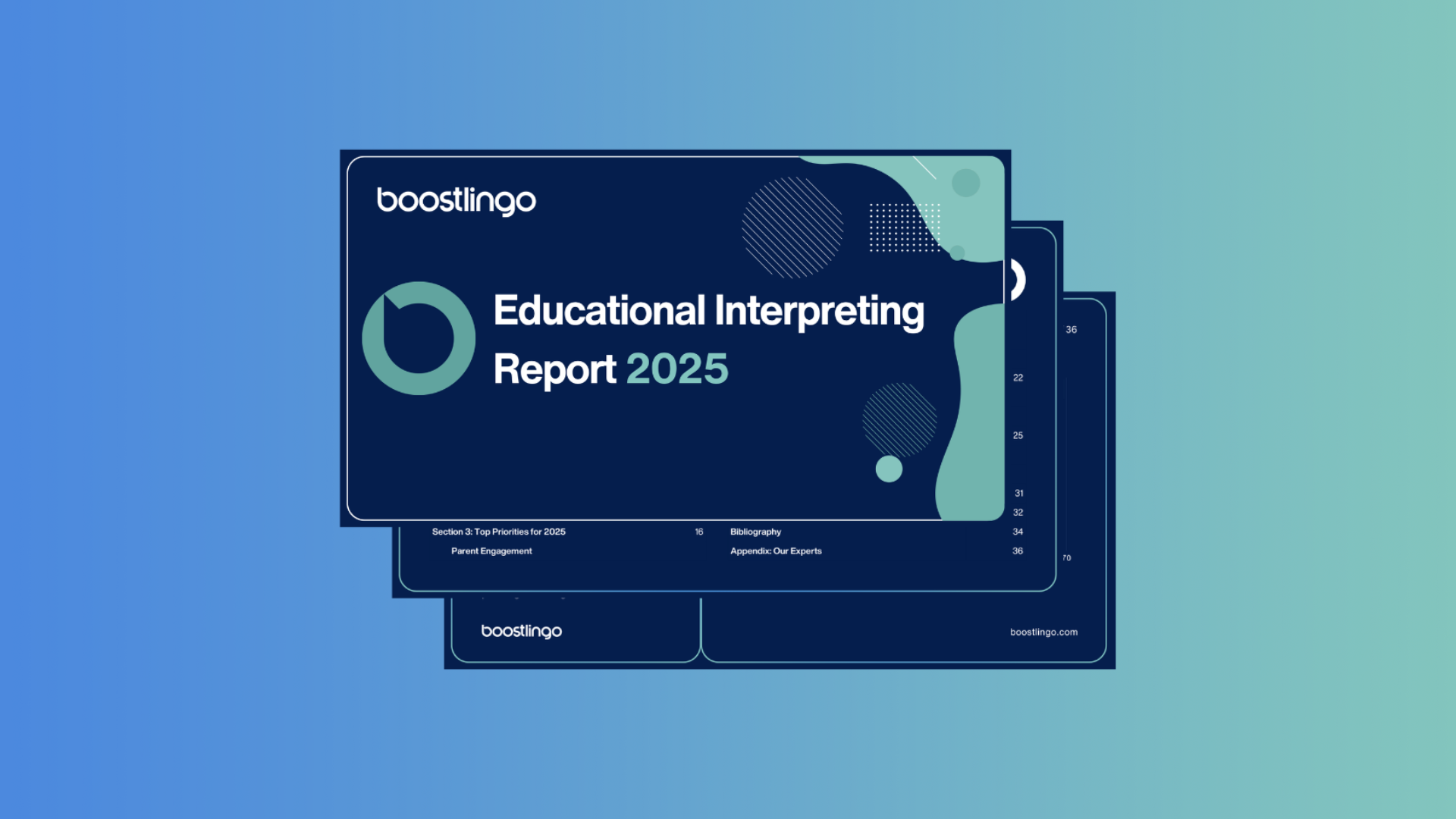The Centers for Medicare and Medicaid Services (CMS) is an essential agency within the United States Department of Health and Human Services. The federal agency plays a vital role in shaping and overseeing healthcare policies and administers the nation’s key healthcare programs, including Medicare, Medicaid, and the Children’s Health Insurance Program (CHIP).
To ensure that the healthcare needs of eligible individuals are met effectively, the CMS conducts an annual Accuracy and Accessibility study to evaluate the quality of information provided to Medicare beneficiaries by their insurance program call centers. Since many language service providers (LSPs) serve insurance program call centers impacted by this study, we want to share a preparation guide that will discuss all you need to know about CMS testing!
What is CMS Testing?
CMS Testing is an assessment of Medicare Advantage and Medicare Prescription Drug Benefit Plans’ communication effectiveness for seniors and the economically disadvantaged. The test evaluates beneficiary call centers by taking note of the accuracy of information provided by service representatives, the availability of interpreters, and more.
What is The Purpose of The CMS Annual Study
The test calls verify if the information about Medicare provided to beneficiaries by insurance plans is correct and complete. The result of this annual study determines the star rating a plan receives. The rating ranges from 1 to 5 and helps consumers decide which plan to pick. Star ratings are also an important component of how CMS determines if insurance plans remain in good standing to bill Medicare for their services.
This assessment evaluates if beneficiaries receive accurate information to make informed decisions about their healthcare and insurance options. The test calls also consider how easily beneficiaries can access the information they need, including the length of hold times, the ease of navigating automated systems, and the availability of interpreters in Spanish, Mandarin, Cantonese, French, Vietnamese, and Tagalog.
How are CMS Test Calls Conducted?
Test calls are made by “secret shoppers” who are limited-English proficient (LEP) individuals posing as patients or family members of patients seeking information about their insurance plan benefits and coverage. The test calls are conducted annually from February through early June and are made from 8 AM to 8 PM local time (based on the service areas of the plans).
Here’s how a test call is usually conducted:
- STEP 1: The CMS test caller starts a call. They should be able to talk to a live customer service representative within 10 minutes, including the time spent on hold.
- STEP 2: After the CMS test caller has an interpreter on the line and has asked an introductory question, they should be able to start asking the first of 3 survey questions within 8 minutes. The introductory question is usually: “Are you the right person to answer questions about Medicare Part C/Part D?”
- STEP 3: The last part of the test includes three survey questions asked by the test caller. Each question should be answered within 7 minutes. The questions come from CMS publications like the 2024 edition of Medicare and You and information specific to the plan.
What Is Being Evaluated?
Two main factors are being evaluated during test calls:
- How successfully the call center representatives connect to foreign language interpreters and Teletypewriter (TTY) operators.
- How accurately the interpreter conveys the information to the beneficiary.
For test calls requiring an interpreter, it’s essential interpreting and protocol skills are used to provide a fully accurate, timely, and professional call. Here are some notes interpreters should follow:
- Use an introduction script to identify yourself correctly and professionally at the beginning of the call.
- Use a closing script to sign off professionally.
- Accurately repeat the insurance company’s name and the brand names used for medications.
- Be mindful that the calls are being timed. Calls should not fail because the interpreter asked for too many clarifications or repetitions or interpreted too slowly.
How to Prepare for CMS Test Calls
To be prepared to interpret during the CMS test call season, interpreters should be alert when taking calls related to health insurance plans. During the testing period, any call related to health insurance, especially one that begins with some version of the question, “Are you the appropriate person to answer my mother’s questions about her insurance plan?” may be a secret shopper call. As an LSP, you should make it a point to prepare your interpreters for these test calls. Sharing the best practices below is a great starting point!
1. Minimize the need to intervene during a test call
Remember that the CMS agent is timing the encounter, so slow interpretation should not cause failure. Tell your interpreters to have their Medicare glossaries open and available during interpreting shifts and remind them to limit their interventions as much as possible to verifying the names of insurance plans and prescription medications.
2. Be ready to interpret common medications
Encourage your interpreters to keep a checklist of common medications and have the necessary interpretations for each. If there are situations where the secret shopper sounds unclear, tell them not to hesitate to ask for clarification or repeat a medication’s name.
3. Use efficient and effective intervention scripts
The interpreter must pay attention and be sure they have heard everything clearly for proper interpreting. However, there may be instances where a secret shopper may deliberately say the name of a plan or medication too quickly or unclearly. If the interpreter needs to intervene, the interruption should be brief, clear, and transparent. Your interpreters must refrain from engaging inside conversations and emphasize when they are speaking as the interpreter.
Assist them in creating sample scripts to make the intervention process easier. When interpreters are on a call, it’s natural that the script wording will change a bit depending on the context of the conversation. But with enough practice, it will become an efficient tool. Here are some sample scripts your interpreters can use:
Requesting a Repetition
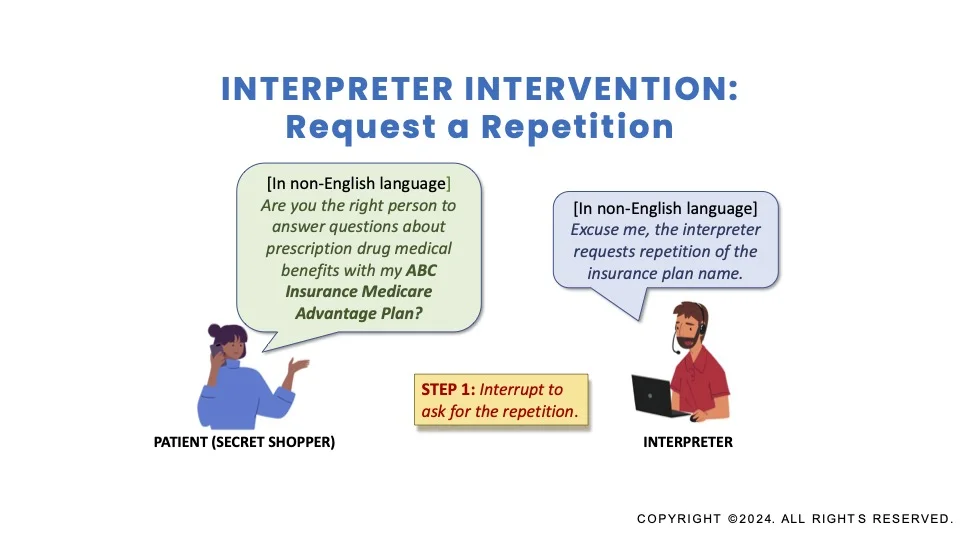
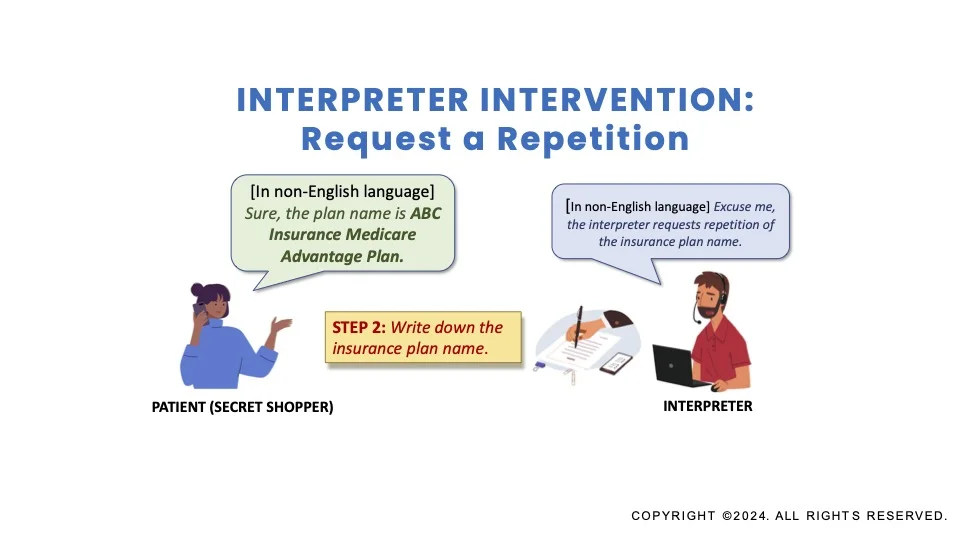
- Request a repetition: Excuse me, as the interpreter, can you please repeat XXX term?
- Report the request for repetition: Excuse me, as the interpreter, I just asked for a repetition of XXX term.
Requesting a Confirmation
- Request a confirmation: Excuse me, as the interpreter, I will confirm the term/spelling before I interpret.
- Report the confirmation: Excuse me, as the interpreter, I confirmed the term/spelling.
4. Manage Anxiety
If your interpreters are getting nervous, take steps to help them manage their anxiety. It’s normal to feel anxious before an assessment, so remind them to take a few deep breaths before they answer a call. Jitters may cause them to rush things, so remind them to interpret at a clear and moderate pace.
5. Visit webpages that provide additional information about CMS, Medicare, and Medicaid
There are a lot of websites that will give your interpreters detailed information about CMS, Medicare and Medicaid:
1. Centers for Medicare & Medicaid Services (CMS) is the primary source for comprehensive information on all aspects of both programs.
- Explore detailed descriptions of Medicare and Medicaid benefits, rules, and regulations.
- Access downloadable publications, fact sheets, and guidance documents in multiple languages
2. Medicare.gov provides extensive information about Medicare benefits, eligibility, and plan options.
- Study Medicare Part A, Part B, and other supplemental plan details.
- Find resources on Medicare Advantage plans, prescription drug coverage, and appeals processes.
- Learn about Medicare fraud and abuse prevention
3. Medicaid.gov offers comprehensive information about the program, its benefits, and eligibility requirements in each state.
- Explore Medicaid coverage for low-income individuals and families.
- Learn about different types of Medicaid programs like Medicaid managed care and home and community-based services.
- Access state-specific Medicaid information and contact details.
4. HealthCare.gov: This official website provides information about the Affordable Care Act and enrolling in health insurance plans.
- Learn about plan options and subsidies available for low-and middle-income individuals.
- Access enrollment assistance resources and tools.
- Understand how these services intersect with Medicare and Medicaid.
5. Your State Medicaid Agency: Each state has its own Medicaid agency with specific program details and eligibility requirements.
- Visit your state’s Medicaid agency website to understand local policies and procedures.
- Access translated materials and resources specifically for LEP individuals in your state
Moreover, tons of helpful glossaries and resources will provide your interpreters with what they need to be familiar with during test calls. Please encourage them to review the resources and links in their non-English language.
- English
- Tagalog
- Vietnamese
Sample Questions
Setting the tips above aside, practicing sample questions is a great way to prepare. Here’s a sample list of questions that may be brought up during test calls.
Prepare for CMS Call Testing Season
As CMS Test Season begins, you should do everything possible to help your partner insurance centers achieve a 5-star rating. Scoring higher not only ensures their ability to continue billing Medicare but strengthens them as a reliable health equity partner and allows them to build trust with potential customers. To ace CMS test calls, your interpreters must be fully aware of the test’s requirements, understand how the test can impact partner organizations, and review the resources we’ve provided comprehensively.
If you are looking for a health equity partner that will enable your organization to acquire a 5-star rating, look no further than Boostlingo. We’ll ensure that the interpreters in our network can provide reliable language support for your organization during CMS testing season. Feel free to get in touch with us to get started!

